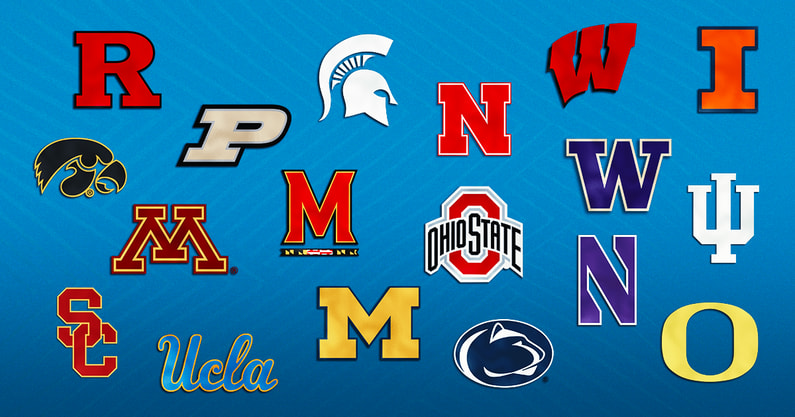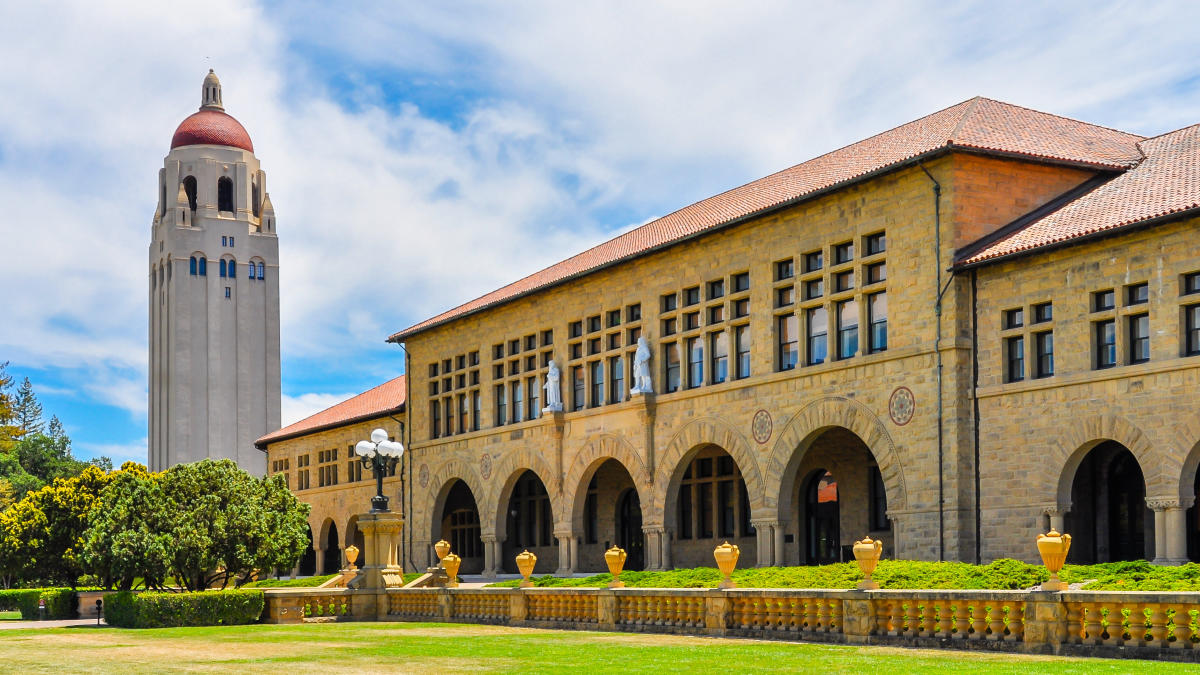As the job market continues to evolve with new technological advancements, colleges are reimagining their approach to education to best prepare students with the skills, knowledge, and mindset required to thrive in the modern workforce. Today, success is not only measured by what you know but also by how well you can apply that knowledge to meet the demands of a constantly changing marketplace. As colleges adapt, they are not just shaping students for jobs, they are shaping them for the future, which begs the question: How are colleges adapting to prepare graduates for success in the modern workforce?
Curriculum & Programs
With technology at the core of almost every industry, colleges are integrating technology-driven courses into their curriculum. From coding bootcamps to data analytics labs, students are gaining proficiency in skills that are becoming increasingly essential across various career paths.
Additionally, colleges are embracing interdisciplinary programs that mirror the collaborative nature of the workplace. Students are encouraged to draw from multiple fields while placing a renewed emphasis on soft skills like communication, teamwork, adaptability, and emotional intelligence. According to the article “Soft Skills in Education for a Brighter Future,” soft skills are “essential personal attributes, habits, and social skills that enable individuals to interact effectively with others and adapt to new situations.” Soft skills “complement hard skills such as math, science, and technology, providing students with a well-rounded education that prepares them for success in various aspects of life.”
In order to embed the development of soft skills in the curriculum, many institutions are offering more courses designed around group projects, student presentations, and experiential learning opportunities that foster creativity, problem-solving, and an entrepreneurial mindset where student-led initiatives are the new standard. By mimicking a realistic workplace setting and teaching students how to maintain a growth mindset, colleges hope to foster a holistic understanding that is invaluable in today’s interconnected world.
Opportunities & Experiential Learning
To ensure relevance, colleges are building partnerships with industry leaders. This collaboration not only informs the curriculum but also provides students with insights into current industry trends and challenges. According to an article published by UniversityBusiness.com, Ryan Lufkin, VP of product marketing at Instructure, says that career readiness remains the number one priority for students: “Preparing students for life after graduation, whether they are traditional students, part-time students, or mid-career, is still the number-one concern for students, faculty and administrators. This has led to an increase in education and career partnerships, with universities working hand-in-hand with companies to roll our programs preparing students for the career skills they need most.”
See: 30 Colleges That Have Strong Links To America’s Prospering Industries
By providing industry connections, internships, co-op programs, and other experiential learning opportunities, students gain practical experience that allows them to bridge the gap between theory and application.
Career Services
Colleges are also reevaluating their approach to career services. In recent years, research by the National Association of Colleges and Employers saw funding increase 26.4% for career centers, according to Inside Higher Ed. Career services are not just helping students find jobs, they are preparing them for careers. Resume building, interview preparation, and networking are integrated into the fabric of education. These opportunities have allowed students to feel more prepared as they enter the workforce.
Lifelong Learning: Redefining Mindset
Recognizing that learning doesn’t end with graduation, colleges are instilling a culture of lifelong learning. According to an article in The Chronicle of Higher Education, “Trends in Higher Education: Lifelong Learning,” “Students also see lifelong learning as part of the employment landscape. In a recent survey conducted by Ellucian, a higher-ed technology company, a high number of students — 88 percent — say they will seek more training after they complete their current educational program. Almost all of them believe that earning an additional credential on top of a degree will make them more specialized in their field.” Strategies for continuous skill development are integrated into the curriculum, preparing students for a career that requires adaptability and resilience.
Conclusion
In conclusion, colleges are recognizing the importance of providing a well-rounded education that goes beyond traditional academic knowledge. The focus is shifting towards preparing students with a combination of technical expertise, soft skills, and a mindset that values adaptability and lifelong learning. This adaptation is crucial to ensuring that graduates are not only job-ready but also capable of thriving in a dynamic and evolving work environment. Meet with a PREMINENTE college counselor to learn more about how colleges are adapting to the modern workforce and how these changes may impact your collegiate experience.


